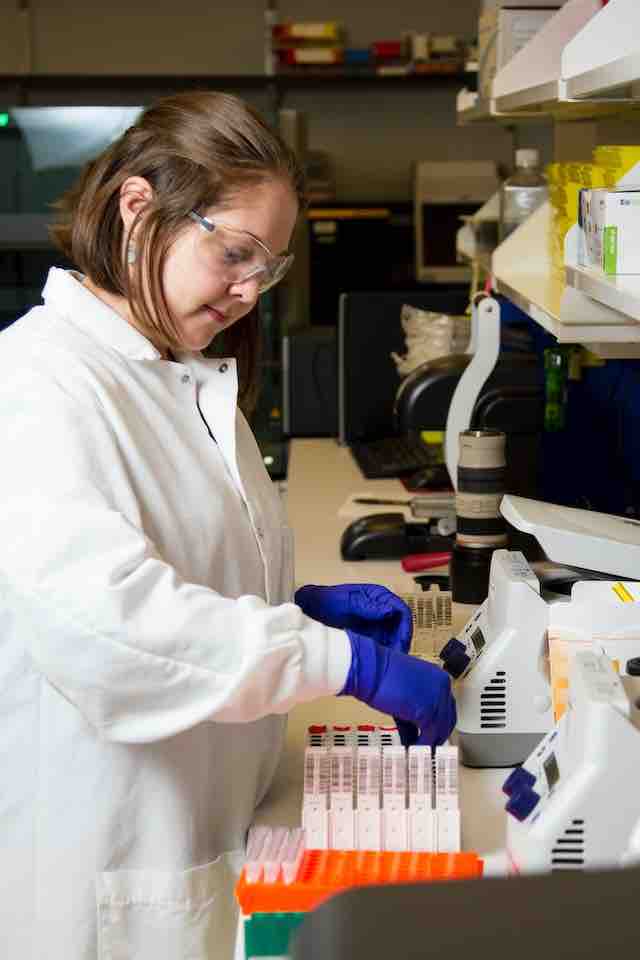Parkinson’s disease, a progressive neurodegenerative disorder affecting millions of people worldwide, has long puzzled the scientific community. However, a groundbreaking study by Finnish researchers may have finally unlocked the key to understanding the disease’s underlying cause. In this blog post, we’ll delve into their findings and explore how this discovery might pave the way for new treatments and prevention strategies.
The Cause of Parkinson’s Disease: A Closer Look at Alpha-Synuclein
The study, conducted by a team of Finnish researchers, has found that the accumulation of a protein called alpha-synuclein may be the primary cause of Parkinson’s disease. This protein is typically found in healthy human brains, but in people with Parkinson’s, it forms abnormal clumps known as Lewy bodies. These protein aggregates are thought to contribute to the death of dopamine-producing neurons, which leads to the characteristic symptoms of Parkinson’s, such as tremors, stiffness, and balance problems.
The researchers discovered that when certain cells in the brain fail to clear out excess alpha-synuclein, the protein begins to accumulate and eventually forms Lewy bodies. This breakthrough finding suggests that the disruption of the brain’s natural cleaning process could be a significant factor in the development of Parkinson’s disease.
Implications for Future Treatments and Prevention
The identification of alpha-synuclein accumulation as a potential cause of Parkinson’s opens the door to the development of new treatments targeting this protein. By understanding the role that alpha-synuclein plays in the disease’s progression, researchers can now focus on devising therapies to prevent or slow down the accumulation of the protein in the brain. This could ultimately lead to more effective treatment options for patients living with Parkinson’s disease.
In addition to treatment possibilities, this discovery also highlights the importance of preventative measures. If future research can identify the factors that lead to disruptions in the brain’s cleaning process, it may be possible to develop strategies to prevent the onset of Parkinson’s disease altogether. Early detection and intervention could prove invaluable in slowing down or halting the progression of this debilitating disorder.
Conclusion
The groundbreaking discovery by Finnish researchers has provided valuable insight into the potential cause of Parkinson’s disease. By identifying the accumulation of alpha-synuclein protein as a key factor in the development of the disorder, this study has opened up new avenues for both treatment and prevention. As researchers continue to explore the role of alpha-synuclein in Parkinson’s disease, we can remain hopeful that more effective treatments and prevention strategies will soon be within reach.












